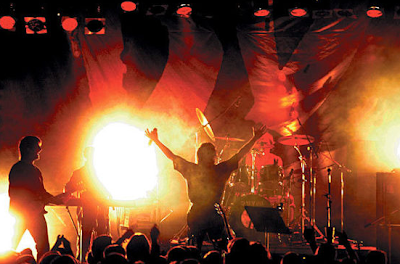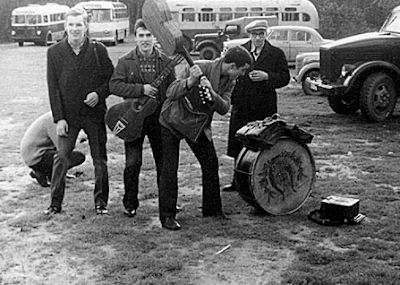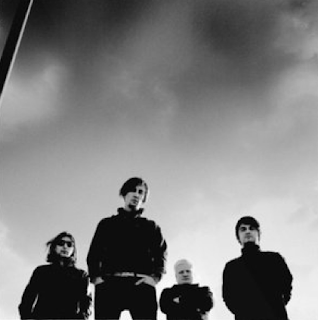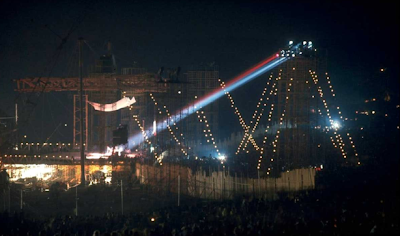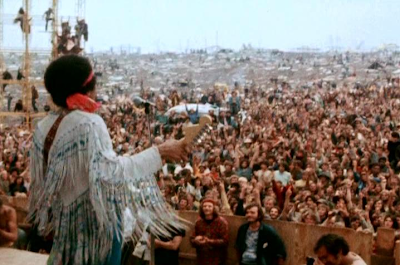Through the Eighties, variety of proficient bands appeared within the Russian provinces. A band with genre of pop rock named Nautilus Pompilius, from a town of Ural Mountain, Sverdlovsk, was one from the provinces. Aside from that band, there's also a vocalist - former vocalist of that band - named Nastia Poleva. After being a vocalist for that band she made her solo career by formed and fronting her own band named Nastia.
Urfin Dzhus, a heavy-metal type of band also was a band from that province, and there are other bands like Chai-f, a distinguished R&B band. Chai-f actually combined the musical parts of West Russian folks music.
From the north of Russia, town named Arkhangel’sk, there's a band named Oblachnyi Krai (Cloudy Region).
Then there's Vostochnyi Sindrom, a band that come from the remote place which was a quintessential band that ever came from Siberia, powerful and uncompromising.
From Novosibirsk, one band called themself as Kalinov Most (Kalinov Bridge) uniquely mix a folk rock music with somekind of their versions of 'nearly' heavy metallic.
 |
| Nautilus Pompilius |



